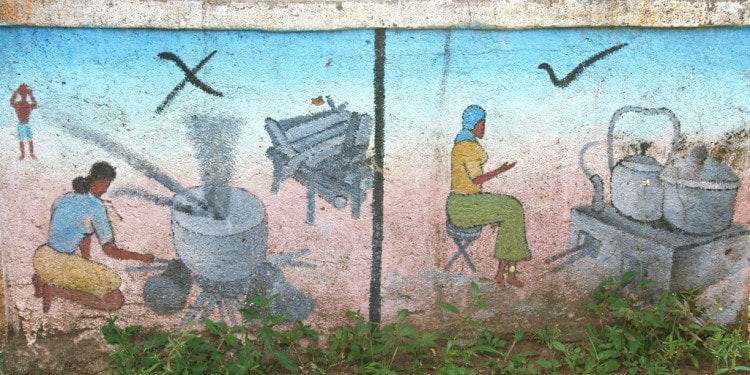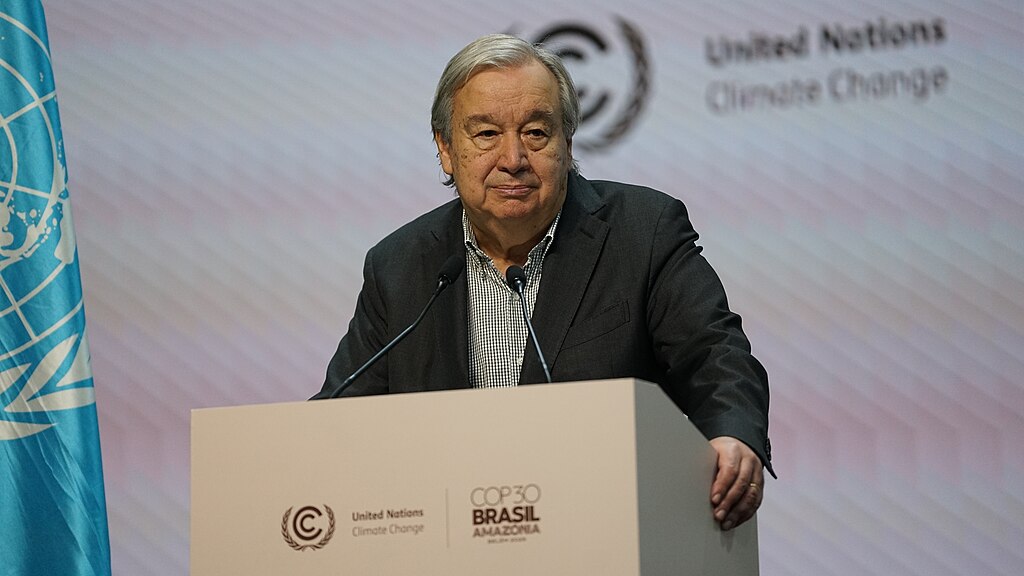Academia has a key role to play in making agricultural investment successful
Policy processes such as investment planning require consensus building and careful management of competing claims and interests. However, they also need to be based on hard facts and analysis: a concept that is referred to as “evidence-based policy making”. Major agricultural policy processes and programmes, such as the Comprehensive Africa Agriculture Development Programme (CAADP) point to the importance of using analytical insights to inform investment priority setting and to strengthen monitoring and accountability.
 In the photo: Training, education, ecology. FAO projects in Senegal and Mali – Photo provided by ©FAO
In the photo: Training, education, ecology. FAO projects in Senegal and Mali – Photo provided by ©FAO
Agriculture is mostly a private sector activity, but public investments are essential to provide public goods such as agricultural research and development (R&D), education, knowledge exchange, and rural infrastructure. Governments also need to create a conducive policy and regulatory environment that enables sustainable private agricultural investment. Although investment planning is a regular task for governments, capacity to do it is still weak. Many countries continue to rely upon extensive international expertise to help prioritize and “package” investment plans and programmes, and ensure that they make the best use of available evidence.
………………………………………………………………………………………………………….. Related articles : THE BATTLE FOR FOOD article by Claude Forthomme SOUTH-SOUTH COOPERATION: THE PARNERSHIP article by Laurent Thomas…………………………………………………………………………………………………………..
Universities have an important role to play in providing analysis to underpin investment decisions. They are also the primary players in educating the next generation of decision-makers and ensuring they have the skills to make evidence-based decisions and to plan and manage investments successfully.
 In the photo: FAO in Malawi – Improving knowledge on dietary intakes and nutritional status. ©FAO/Ivan Grifi
In the photo: FAO in Malawi – Improving knowledge on dietary intakes and nutritional status. ©FAO/Ivan Grifi
The FAO Investment Centre is among the largest expert groups specializing in agricultural investment planning. Over the past 50 years, it has supported 170 countries in diverse investment planning, implementation and evaluation tasks, increasingly in partnership with academia at country level.
Partnering with academia pursues two main purposes: First, to sensitize researchers to the practical questions and challenges faced by those who are making investment decisions in order to promote the generation of “practicable” evidence and to ensure that results are communicated more effective and “user-friendly” manner. Second, to promote the inclusion of specific courses or modules on agricultural investment in universities’ curricula, which should equip future graduates and professionals, to develop core investment skills such as results based management, public expenditure reviews, budgeting and financial and economic analysis.
Beyond theory, approaches taught need to reflect practical challenges and international good practice. Partnerships with academia focusing on core investment skills have been initiated in countries as diverse as Bangladesh and the Democratic Republic of Congo. FAO is also fostering partnerships to promote cutting edge agricultural investment approaches. For example, a partnership with a leading university in China to promotes the integration of climate change considerations into agricultural investment planning. The university team has adapted FAO good practice guidance and learning materials and is using these resources in its ongoing teaching and professional advisory services.
 In the photo: Chinese cooperants assisting rice field preparation in Senegal©FAO/Ivan Grifi
In the photo: Chinese cooperants assisting rice field preparation in Senegal©FAO/Ivan Grifi
Good evidence and skilled professional decision-makers are prerequisites for creating a conducive enabling environment for sustainable private investment and enhancing the quality of public investment. Academia is a key player to deliver both of these, and FAO is committed to further strengthen partnerships with universities in support of countries’ investment goals.














